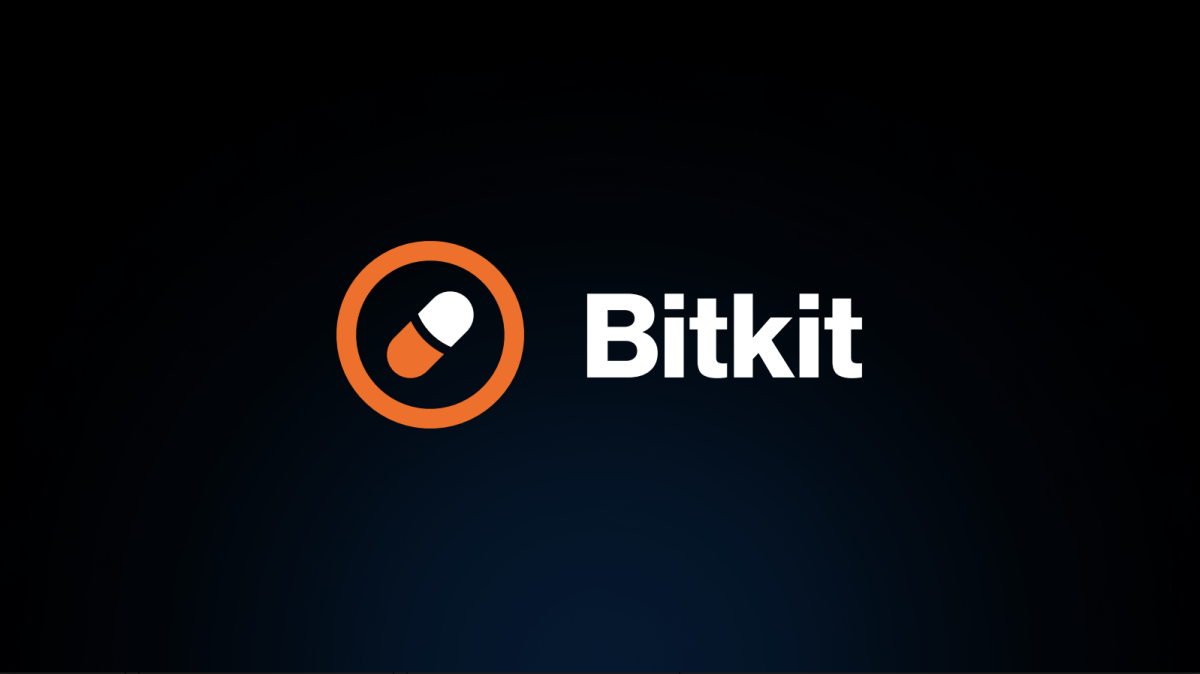Mobile Monday: Google Privacy Measures, Mobile Marketing QR Codes, and Winning Game Themes

Every week, Digital Turbine, AdColony and Fyber team up to bring you the latest news and insights from the mobile world. In this edition of Mobile Monday, Digital Turbine breaks down Google’s privacy announcement, AdColony touts QR codes as the latest mobile marketing tactic, and Fyber explains gaming themes users love. Learn all about these stories in this week’s Mobile Monday!
It’s apples and oranges… or Googles
One of the big things with real impact on the market last week was Google’s announcement of privacy measures on their Android devices. With the results of Apple’s privacy changes from last year still fresh, the knee-jerk reaction to this news was that it would be a further blow to many in the mobile advertising world. The recent Forbes article, however, rightly points out: “Not so fast!”.
While the privacy changes on the surface will cause a level of disruption in the industry as people adjust to the new realities, the real reality of this change is that it is not as seismic as a change for advertisers. This protects the consumer, of course, but as Forbes points out – the main difference between Google and Apple is that Google is an advertising company first. So, even though they always have consumers in mind, they know where their bread is buttered.
While Apple still has a significant advertising revenue business, that’s their secondary focus. And really, their ad company was the only ad network to profit from their privacy change. Google’s changes, however, are much more advertiser-friendly. They will enable a high level of targeting…especially with tools that allow advertisers to target specific devices rather than specific users. Sound familiar? It should if you are familiar with Digital Turbine’s On-Device solutions. This allows advertisers to always find ways to target different groups of users based on “topics” without revealing everything about a user and their identity to the advertiser.
The market will still have to navigate the new way of doing things. And we can understand that the “privacy” changes sound like more bad news for the consumer. But as people get smarter and consumer confidence regains, the end result will be a more robust ecosystem for everyone.
What do QR codes mean? More time on mobile
As the Super Bowl reminded us last week, QR codes can bring added enjoyment and engagement to ads and drive users to interact with a brand across multiple platforms. In fact, eMarketer reports that over 83 million smartphone users in the US will scan a QR code this year, and by 2025, 43% of all US smartphone users will scan a QR code. Additionally, aside from restaurant and print ads, the report states that adding QR codes to in-store displays and ads can also increase user engagement and experience. The growth of this tool further supports the idea that users will be on their mobile device while shopping, watching TV, etc., and finding fun and excitement when interacting with their primary device – mobile.
Taking a look at Coinbase’s experience with QR code-based advertising during the Super Bowl, Adweek reports that Coinbase saw over 20 million users on their landing page during that time, while their app also rose to second place in the app store for free apps. . Incorporating QR codes into TV content and advertisements is a powerful marketing move, as it’s a way to directly engage with more users and draw attention to a second screen device (well that it is argued that mobile devices become the primary device).
QR codes have the power to increase consumer engagement with brands on their mobile devices, a place they are already comfortable shopping, communicating, streaming content and playing games. Additionally, QR codes linked to App Store or Google Play Store apps can also increase AU for brands. QR codes are the latest marketing tactic that reinforces what we already know: consumers love the convenience and ease of use of mobile devices and will continue to favor using smartphones for all their needs, whether home, restaurant or store.
Game themes that take the throne
Wondering what gaming themes consumers spend the most on? SensorTower informs us about the winners!
The most profitable themes are money and treasure themed games – think Coin Master and Bingo Blitz. Tabletop and empire building games followed close behind. The fastest growing theme in terms of revenue was Animals/Bugs – with StarUnion’s The Ants: Underground Kingdom leading the way, accounting for almost 90% of consumer spending. The second fastest growing theme is fashion, aesthetics and hair, where spending has almost quadrupled.
When it comes to storytelling, the story has seen the fastest growth in 2021, led by game titles such as Rise of Kingdoms from Lilith Games and Royal Match from Dream Games. High Fantasy and Sci-Fi followed, with player spending also increasing. Top-grossing art style trends included Neon, which includes titles such as Space Ape’s Beatstar and Amanotes’ Tiles Hop, followed by hyper-casual and 3D Anime.
This information represents the trends that attract users and on which they want to spend more time and money. For developers, there is food for thought when it comes to structuring and developing your game.
About Moving Mondays
Mobile Monday reviews the latest news, trends and developments in mobile apps, technology and advertising. Do you have a story to share for next Mobile Monday?
About FyberFyber, part of Digital Turbine’s independent mobile growth platform, develops innovative ad monetization solutions trusted by top mobile game and app publishers. Fyber’s suite of products offers publishers a reliable, non-confrontational alternative that drives superior results by creating an optimal connection between mobile audiences, leading global brands and mobile-first advertisers through over 40 billion opportunities daily advertisements. Fyber’s FairBid Mediation, Fyber Marketplace, and Offer Wall Edge are all designed with performance, scale, and transparency in mind. To dig deeper into how their monetization solutions put app developers first, check out their blog.
About AdColonyAdColony, part of Digital Turbine’s leading independent mobile growth and monetization platform, helps brands, agencies and apps extend reach and results through the power of mobile. AdColony is known worldwide for its award-winning video advertising marketplace, with ad engagement innovations like Instant-Play™, Aurora™ HD Video, Playables, and more. Looking for more information on mobile apps and games? Find out more on their blog!
Join the conversation
Do you have story ideas for Mobile Monday? Tweeter @AdColony. For the latest Digital Turbine mobile news and updates, follow @DigitalTurbine on Twitter, like us on Facebook or connect on Linkedin.






